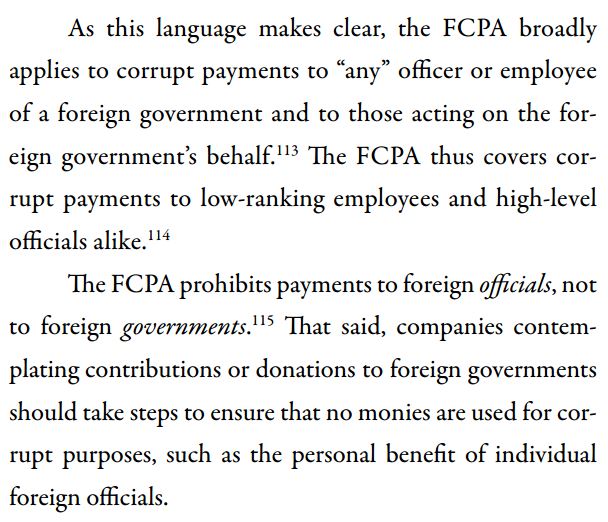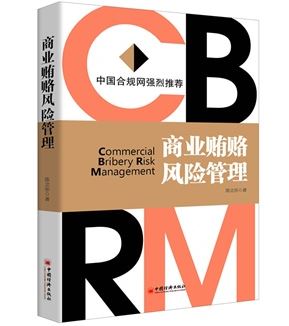On February 1, the United States House of Representatives voted to abolish a transparency regulation adopted by the Securities and Exchange Commission of the U.S. (the “SEC”) in June of 2016 for resource extraction issuers under the Dodd-Frank Act. This ruling caused much confusion in China (as well as in the U.S.), as this seems to imply the Trump administration will be annihilating the role of Foreign Corrupt Practices Act in the oil and gas industry. Perhaps even more seriously, this ruling seems to corroborate rumors about Trump administration unleashing the US companies, providing them the freedom to bribe foreign officials in exchange for business opportunities. This is not true.
The transparency regulation adopted by the SEC on June 27, 2016 (as mentioned above) requires resource extraction issuers to disclose payments made to foreign governments for the commercial development of oil, natural gas or minerals. These rules, as mandated by the Dodd-Frank Wall Street Reform and Consumer Protection Act, are intended to advance U.S. foreign policy interests by promoting greater transparency associated with payments related to resource extraction on foreign territory.

The final rules require an issuer who is engaged in the commercial development of oil, natural gas, or minerals to disclose payments made to the U.S. federal government or a foreign government. The issuer will also be required to file annual reports with the Commission under the Securities Exchange Act. Furthermore, the issuer must also disclose payments made by all subsidiary entities under their control. The compliance obligations will cause a lot of cost for compliance, which explains why there are some outcries that the transparency rule be annihilated.
Although it is generally known that the FCPA prohibits those that are subject to it from making bribes to foreign governmental officials, many are not aware that “the FCPA prohibits payments to foreign officials, but not to foreign governments” (The Resource Guide to the US Foreign Corrupt Practices Act, Page 29) (emphasis original).

The question then arises, if the FCPA does not prohibit payments to foreign governments, then why was a rule passed under the Obama administration mandating the payments be disclosed? Again, mandating full disclosure of payments to foreign governments supports the commitment of the US federal government to its efforts to promote international transparency relating to the commercial development of oil, natural gas, or minerals. In addition, full disclosure could help with the enforcement of the FCPA on fighting bribing foreign officials. The more transparent a payment to government is, the less possible that the payment would be used to bribe governmental officials. In practice, it could happen that a bribe to governmental officials could be disguised as payments to a government, a phenomenon we compliance officers are committed to preventing.
The efforts to abolish the transparency rule merely takes away the need for companies to fully disclose payments to foreign governments, the payment to which not outlawed under the FCPA. It does not grant companies a license to bribe foreign government officials, as the FCPA continues to prohibit payments to foreign government officials.
*The author Henry Chen, a Senior Partner of Dentons Shanghai Office, is licensed to practice law in China and the New York State of the U.S. Henry Chen is a representative of China Delegation to negotiate over ISO19600 Compliance Management System - Guidelines, and the Vice Director of the Working Committee on China national standard Compliance Management System. Henry Chen is the author of the book Commercial Bribery Risk Management in China. If you have any questions about this report, please do not hesitate to contact henry.chen@dentons.cn.






